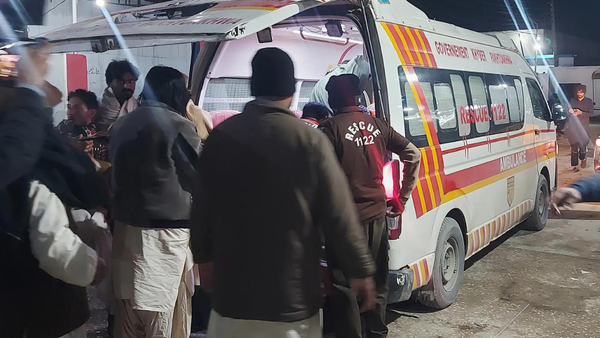Noted environmental activist and geneticist Suman Sahai has underscored the need to bank on the indigenous knowledge of farmers to make agriculture sustainable during the climate change era.
Dr. Sahai participated in the farmers’ festival ‘Yervakka Pournami‘, organised by Samykta Kisan Morcha Prakasam district convenor Ch. Ranga Rao, to mark the beginning of Khariff season, here on Sunday.
She said, “The country is endowed with invaluable genetic diversity in seeds to cope with climate change.”
The traditional knowledge of farmers who had developed seeds that are tolerant to floods, droughts, and heat, over centuries, should be tapped, and gene banks developed to overcome the adverse impact of climate change on agriculture, she said and warned that the threat due to long-term shifts in temperatures and weather patterns would be severe.
Alerting the farmers to gear up for the worse in the future, she warned that the crops being grown in the Prakasam region, like chilli, tobacco, corn etc., might fail due to climate change.
Dr. Sahai urged the farmers to focus on minimising risks rather than maximising profits.
“Genetically modified (GM) crops are not the answer to coping with climate change as they give yield only when certain cropping conditions, including weather, are fulfilled. Moreover, we cannot add poison genes to our food,” she said, opposing GM crops like Bacillus thuringiensis (BT) Brinjal and herbicide-tolerant mustard.
BT cotton proved to be a failure at the ground level as it was only the multinational seed producers who raked in profits leaving the farmers who cultivated them at the grassroots level in the lurch, she opined.
She was all praises for noted farmer leader Vadde Sobhandreswara Rao, who, as the Agriculture Minister of undivided Andhra Pradesh, stood by the farmers when the yield of BT cotton drastically fell.







